MINNEAPOLIS — The first person convicted of helping Feeding Our Future steal millions of dollars of public funds was sentenced in October 2024. Two autism treatment centers in St. Cloud and Minneapolis were raided by the FBI in December for fraudulent Medicaid claims. In April, a couple was indicted for defrauding around $15 million from health insurers, and the state’s attorney general’s office convicted an apartment subcontractor of wage theft for the first time.
Headlines like these coming out of Minnesota have made state lawmakers take a renewed focus on fraud prevention this legislative session.
“Minnesota has a fraud problem,” U.S. Attorney Lisa Kirkpatrick said in a press release regarding the Minnesota couple indicted in a $15 million medical fraud scheme.
Lawmakers on both sides of the aisle are saying that these fraud cases are not only showing wasted taxpayer money, but hurting the public’s trust in government.
“It's really distressing that bad actors exploit that for their own profit and in the process, depleted and diminished the trust of regular Minnesotans in government,” said Sen. Matt Klein, DFL-Mendota Heights.
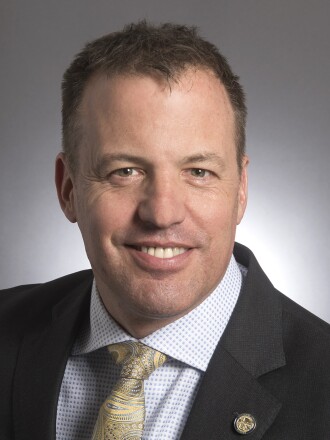
Chair of the House Oversight Committee Rep. Kristin Robbins, R-Maple Grove, said the Legislature needs to address fraud this session to ensure Minnesotans' taxpayer money is being used to help Minnesota.
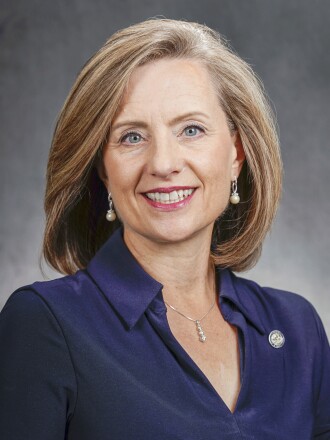
“This is something that we really have to get a handle on,” she said. “First of all, Minnesotans who need the services are not getting them. And secondly, taxpayers' hard-earned money, it's just being wasted and used to hurt the needy by the greedy.”
Some of the fraud-targeting bills legislators introduced this session include creating a portal for state employees to report fraud, strengthening whistleblower protections and establishing a new Office of Inspector General to investigate fraud of public funds.
Among the fraud prevention bills this session, Rep. Dave Pinto, DFL-St. Paul, said he is especially hopeful that his bill, HF2603, could help state agencies investigate and prevent fraud. The administrative bill changes several provisions to increase criminal penalties for committing fraud, empower state agencies to investigate potential fraud and improve oversight of grant money.
ADVERTISEMENT
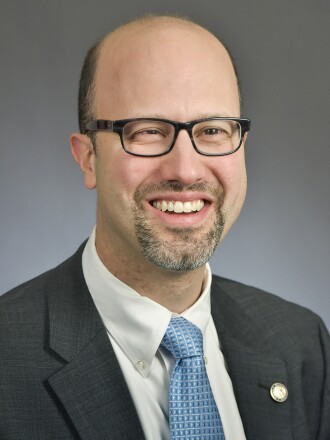
Another bill, authored by Robbins, strengthens whistleblower protections for reporting fraud. The bill, HF23, expands protections to all state employees, adds law enforcement and government entities to the list of protected agencies, and explicitly makes reporting fraud or misuse of authority a protected disclosure.
The bill passed the House floor unanimously and is awaiting a hearing in the Senate.
The Minnesota Business Filing Fraud Prevention Act targets cases of fraud where a person uses someone else’s identity for fraudulent business purposes. This bill, HF2566 / SF1734 , streamlines the process for the secretary of state to decertify these fraudulent businesses.
“Bad actors can sort of hijack a legitimate business or create fake ones and use someone else's name, and then the victim won't even know what has happened until they're facing bills or legal trouble or tax liabilities for a business they never owned or created,” said Klein, who is the chief author of the bill.
DFL and Republican legislators agree that more work is needed to prevent fraud going forward; however, disagreements over the Legislature’s past fraud prevention efforts remain.
Pinto, who is the DFL lead in the House Oversight Committee, said it is wrong to assume the Legislature has not addressed fraud in the prior years.
“There actually has been a lot of progress made in this area over the past few years,” he said. “And in particular, last term 2023-24, there was quite a lot of tightening in various ways, in particular relating to kind of the oversight of grants received by organizations.”
ADVERTISEMENT
During the 2023-24 legislative session — when the DFL held the House and Senate Majority, as well as the governorship — laws were passed to establish an Office of Inspector General within the state Department of Education, require agencies to develop project timelines with groups receiving grant money and fund additional staff who would do grant oversight in the Minnesota Management and Budget office.
Rep. Patti Anderson, R-Dellwood, said those actions were not enough and that the DFL-led state government should have done more to prevent fraud before it became an issue.
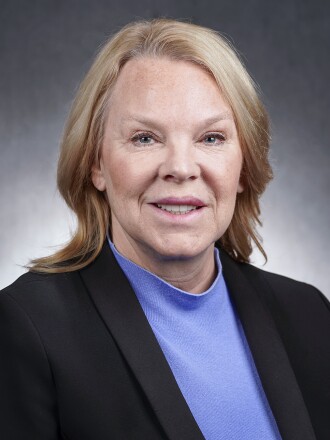
“The administration should have done their job without it coming to this point,” said Anderson, who was the state auditor from 2003 to 2007.
While fraud stories have made lawmakers take another look at fraud prevention, Rep. Matt Norris, DFL-Blaine, said combating fraud should be a focus of the Legislature even when fraud is not making the headlines.
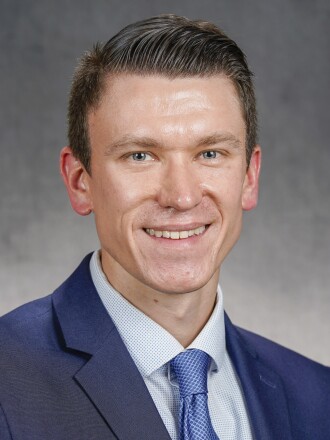
“(Fraud) is something that we can never let our guard down on,” he said. “So whether there are prominent cases that are in the news, like we've had recently, or things are quiet on that front, this is something that we should never take our eye off the ball on.”









